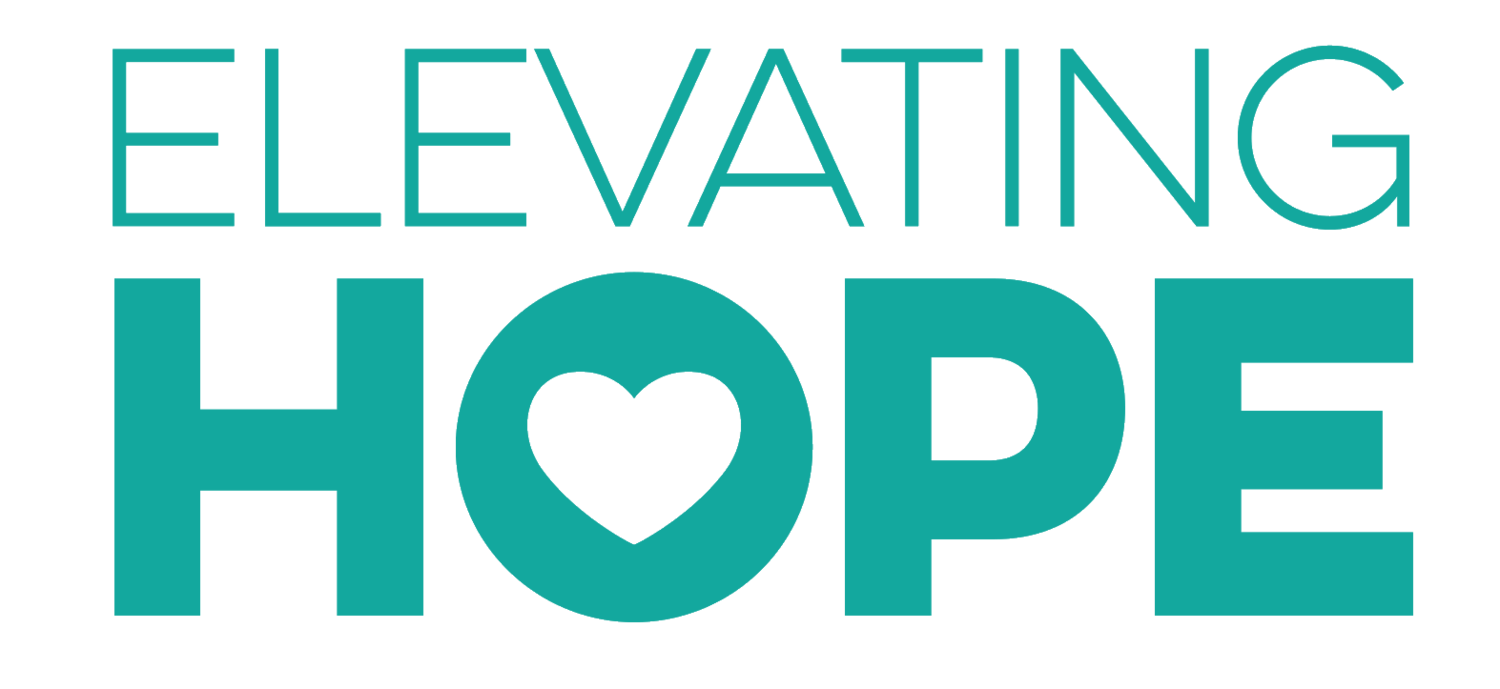Consider the facts:
One out of five children will experience the death of someone close, and one out of 20 children will experience the death of a parent by the age of 15. Those not supported in their grief are:
• 5 times less likely to complete suicide
• 10 times less likely to engage in substance abuse
• 20 times less likely to develop behavioral disorders.
Each year, millions of children and adults grieve the death of someone close. These deaths may be from long term illnesses, or may come unexpectedly in the form of automobile accidents, natural disasters, violent crimes, suicides and other tragedies. Survivors on both sides of tragic events suffer a wide range of responses such as: numbness, shock, disorientation, difficulties functioning, fear, blame, anger, shame, regret, confusion, irritability, and even relief and acceptance.
How we can help you:
We offer loving, safe support to allow grieving children, families and survivors on both sides of tragic events to discover their own unique Grief - Forgiveness - Healing process through educating about grief, healthy ways to grieve and how best to support someone grieving.
We also make referrals to a nationwide database of grief support professionals.
What makes us unique from other grief support organizations?
While we are modeled after the first grief support group pioneers, what makes us unique is our empathy and support for survivors on both sides of tragic events as they discover their unique grief, forgiveness and healing journey.
Why we understand grief:
Every team member has had personal experiences with death or loss and bring their unique journey through grief and recovery to support the bereaved from being survivors to being thrivers where they may feel whole again.
Our facilitators are trained and monitored by California state licensed MA, LMFT's and LCSW, DCSW's.
Elevating Hope models our main support system after the internationally acclaimed pioneer into grief support, The Dougy Center who has facilitated to over 40,000 children, teens, young adults and their parents or adult caregivers since 1982.

